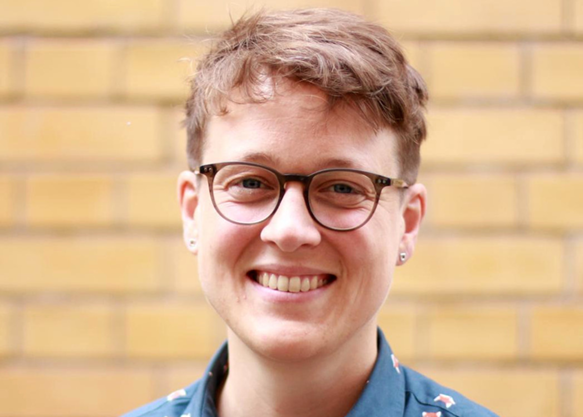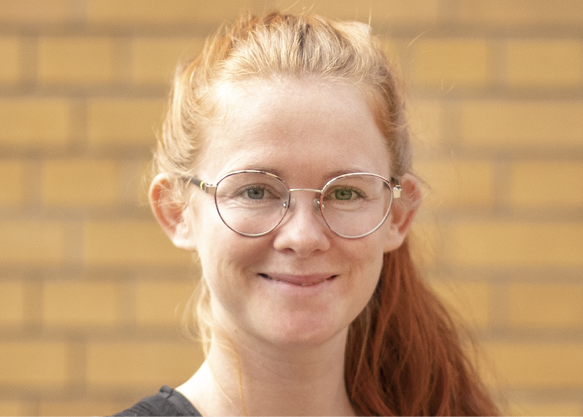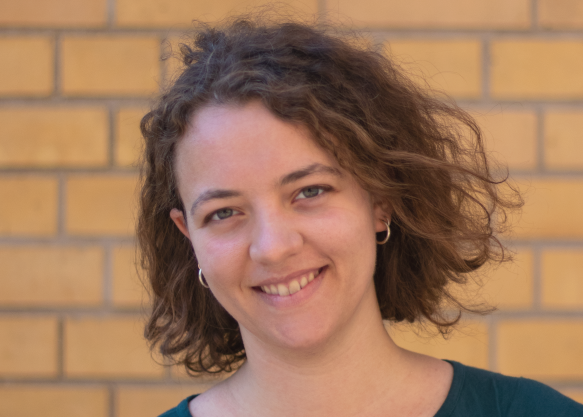Help Desk
Welcome to the MaRDI Community Hub. We support you in all questions concerning mathematical research data. Get in touch with our team, we are happy to help. Data culture and community integration is the responsibility of Task Area 6.
MaRDI Mathematical Data Consultant
+49 341 9732183
goergen@mardi4nfdi.de
Christiane is MaRDI's mathematical data consultant and first contact point for any sort of questions you might have: for instance about how to handle your research data in practice, what to write in a funding application about this, or how to connect to existing infrastructure and projects. She currently prepares training material for these topics, knows the consortium inside out, and can direct very topic-specific inquiries to the appropriate experts. Christiane holds a PhD in Statistics from Warwick University and has been doing research in the Non-linear Algebra group at the Max Planck Institute for Mathematics in the Sciences for five years. She now works at the University of Leipzig.
MaRDI Dissemination Coordinator
+49 341 9959705
bacher@mardi4nfdi.de
As MaRDI's Dissemination Coordinator, Tabea supports the initiative's outreach, community integration, and workshop organization. You are welcome to contact her for all organizational matters. Additionally she is busy building bridges between MaRDI and the library communities. Tabea got her diploma in Mathematics at the University of Leipzig and works at Max Planck Institute for Mathematics in the Sciences (MPI MIS) in Leipzig.
As of December 2023, Tabea Krause has moved on to do a PhD in Magdeburg. If you would like to follow up on discussions you had with her as MaRDI's Consortia Contact, you may now contact Christiane Görgen instead.
Our Newsletter "Math & Data Quarterly" is prepared by our partner IMAGINARY. Sign up to get it delivered straight to your inbox quarterly or check it out online.


